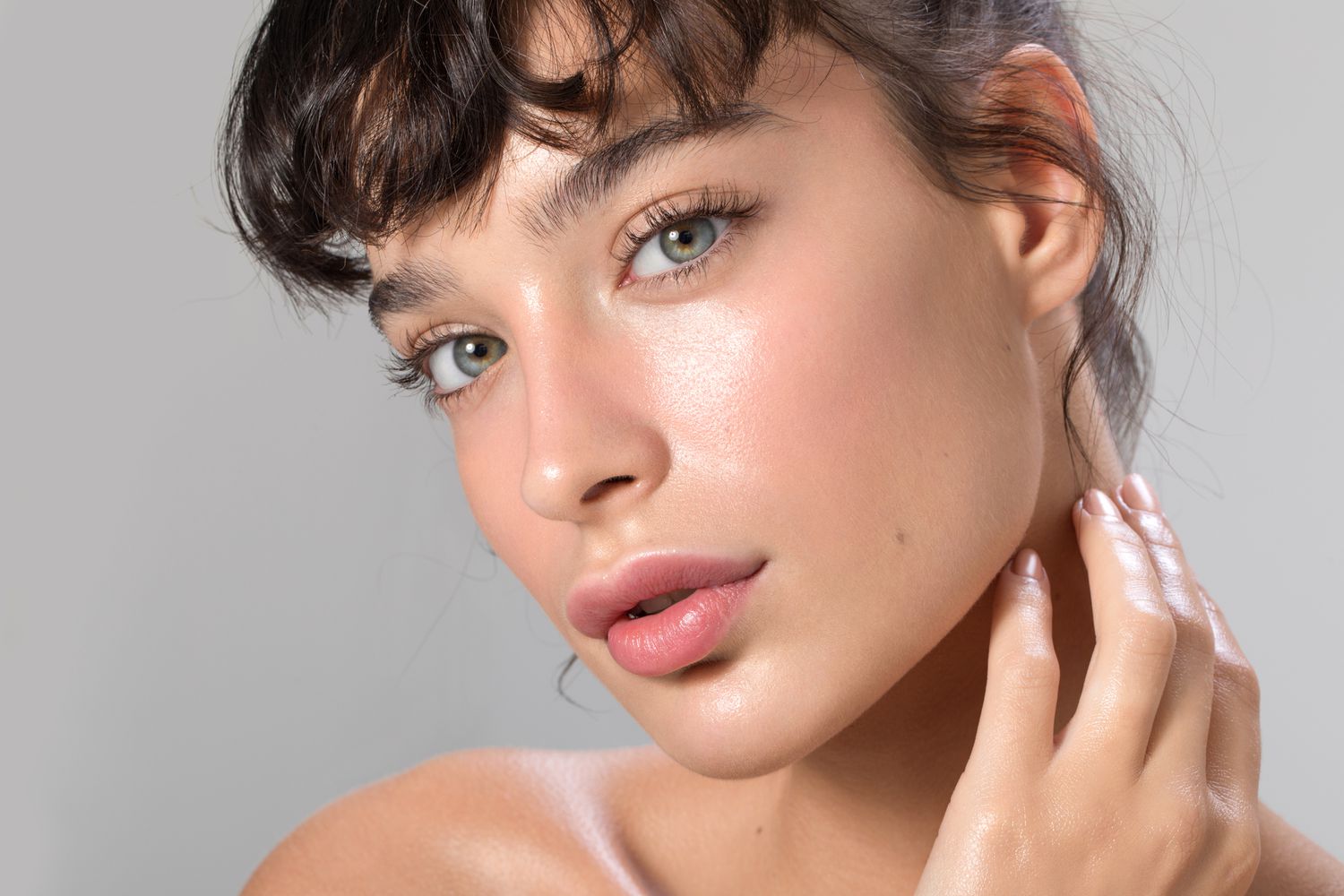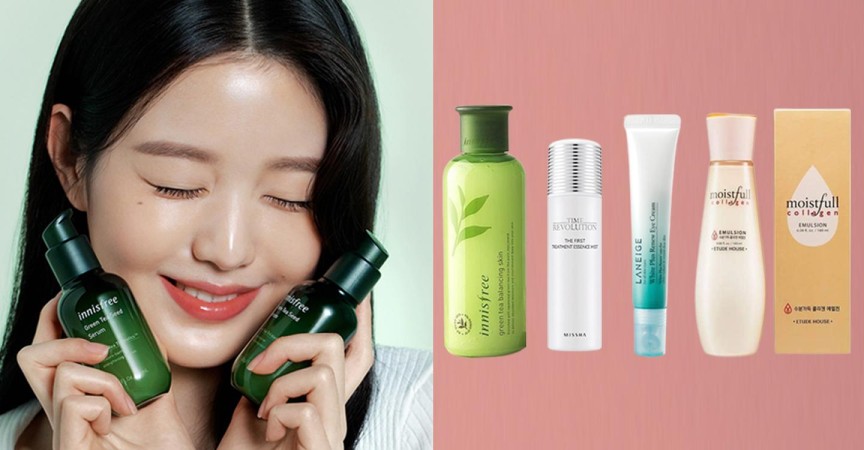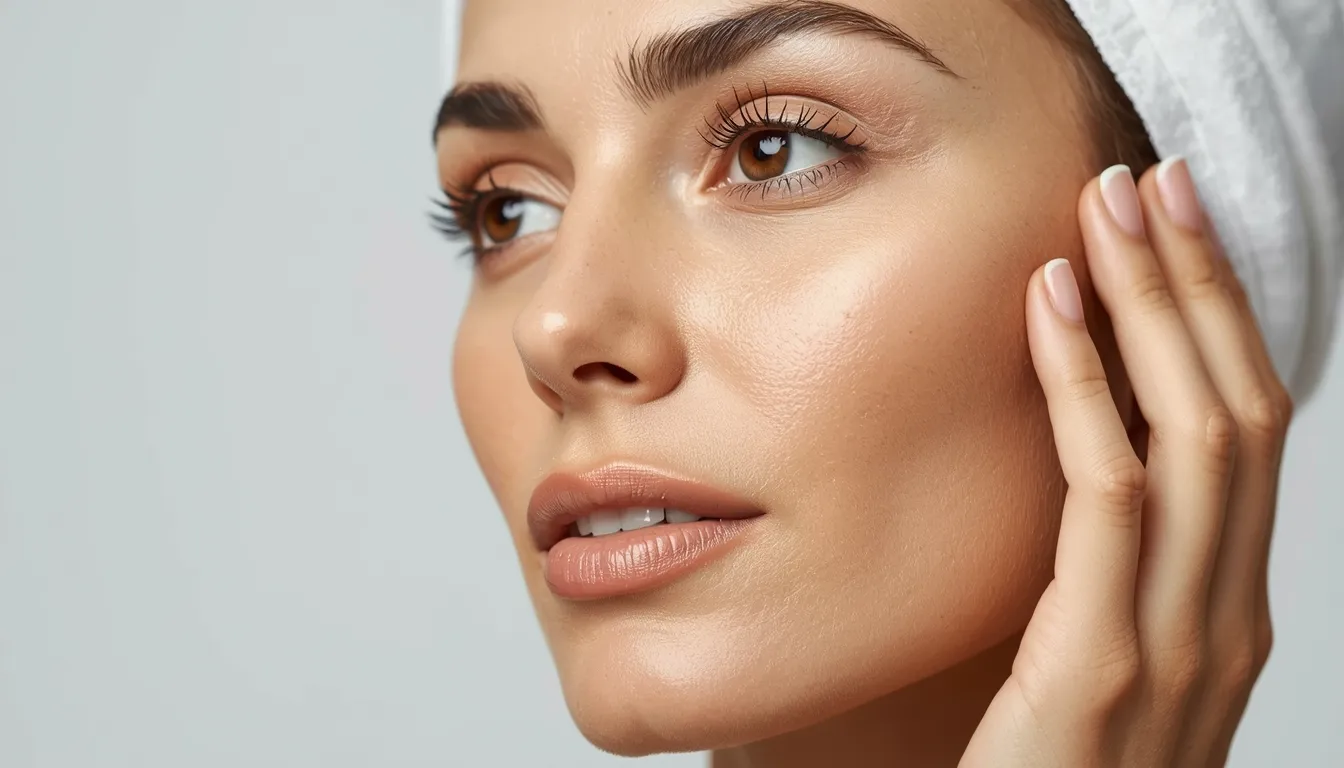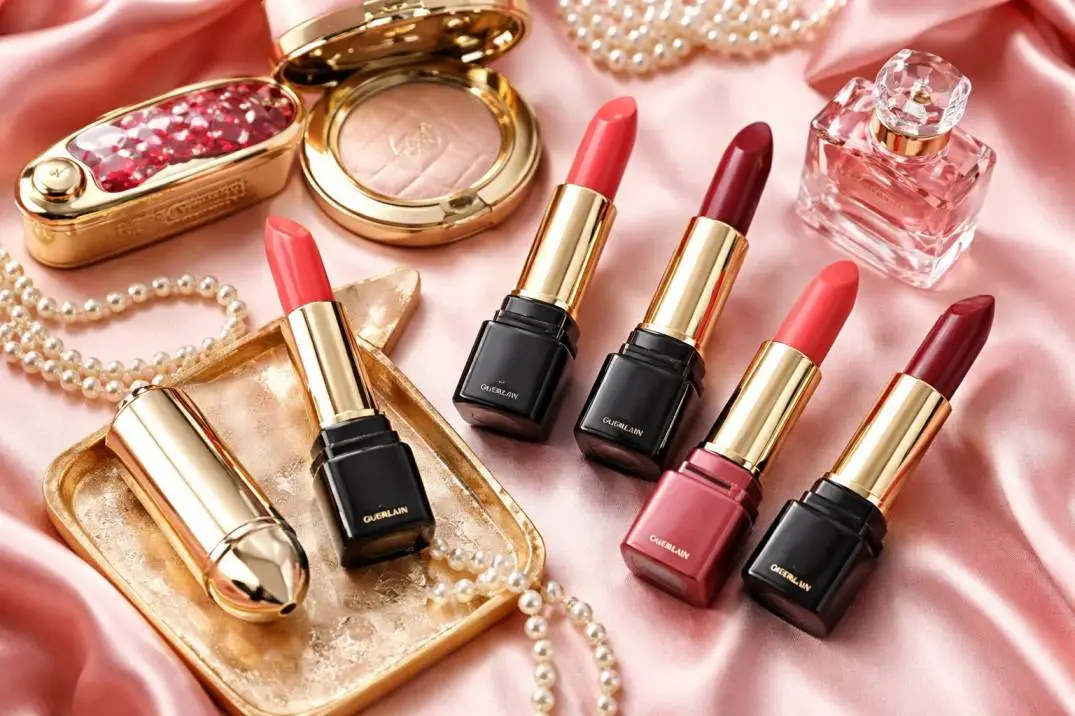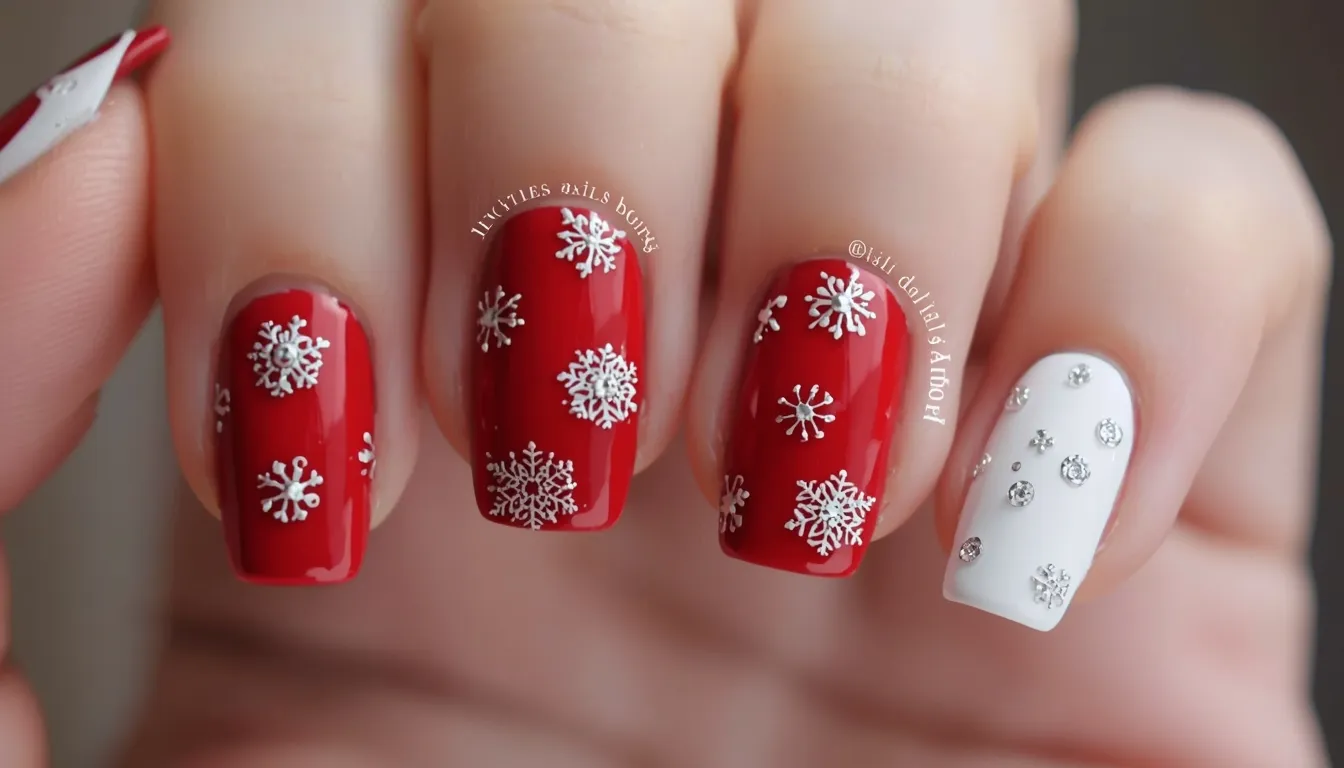Considering the last decade literally flew by, we don't blame you for looking to let everything go fast in the new decade, including positive results from your skincare routine.
After all, you can get tired of practicing skincare rituals and waiting months and years to finally see results.
But don't lose patience just yet. These seven home remedies developed by Dr. Priyanka Reddy, dermatologist, technologist and founder of DNA Skin Clinic, Bangalore will work their magic on your skin rather than testing your patience:
Expert-Approved Home Remedies For Perfectly Glowing Skin in Just One Week
.jpg)
Image Source: Be Beautiful
Determining Your Skin Type

Image Source: The Skin Experiment
Get to know the basic skin types: There are five different skin types: dry, oily, combination, normal, and sensitive, and it's important to know what yours is before you start treating your skin. Each skin type is treated differently. So if you learn how to treat yours, you will achieve the most radiant glow.
Cleanse your skin: In order to assess your skin and determine your skin type, it is important to cleanse your skin with a gentle cleanser to remove excess dirt, makeup, and oil. Then pat dry with a towel but don't rub as you don't want to irritate your skin.
Press tissue paper or a towel over the T-zone: After cleansing and drying your skin, wait about 30 minutes and then test the skin over your T-zone. Using a tissue or towel, press Gently over your T-zone making sure the entire area is in contact with the paper.
- The T zone consists the forehead and the nose. Imagine making a T, with the top of the T above your eyebrows and the length of the T above your nose.
Examine the fabric: Remove the paper from your face and look at the dirt and oil left on your skin to determine your skin type. Here are different things you might see:
- Dry - The skin is elastic and tight, signs of flaky and dead skin appear after cleansing the face, and the pores are small. With this type of skin, you have to be very careful to keep it hydrated.
- Greasy - Shiny face and oil on the tissues, with large open pores. To achieve a glow with this face, you need to reduce oil production by using lighter products. You don't want your face just glistening with oil!
- Combination - The fabric will be oily due to the T-zone, but your cheeks and other parts of your face may be normal or dry. It is a very common skin type and can be easily treated.
- Normal - The tissue has little fat and there are no scales. It just means your face is healthy and producing an adequate amount of oil, not too much or too little. However, you must treat your face daily to keep it normal.
- Delicate - This won't necessarily be visible on your bandana, but it may show up on your face after you take it off. Is your face red or irritated? Do you often feel a burning sensation on your face after using facial care products? If so, you probably have sensitive skin and you just need to be extra careful when cleansing your face to make sure you don't use products that are too harsh for your skin.
Follow CTM
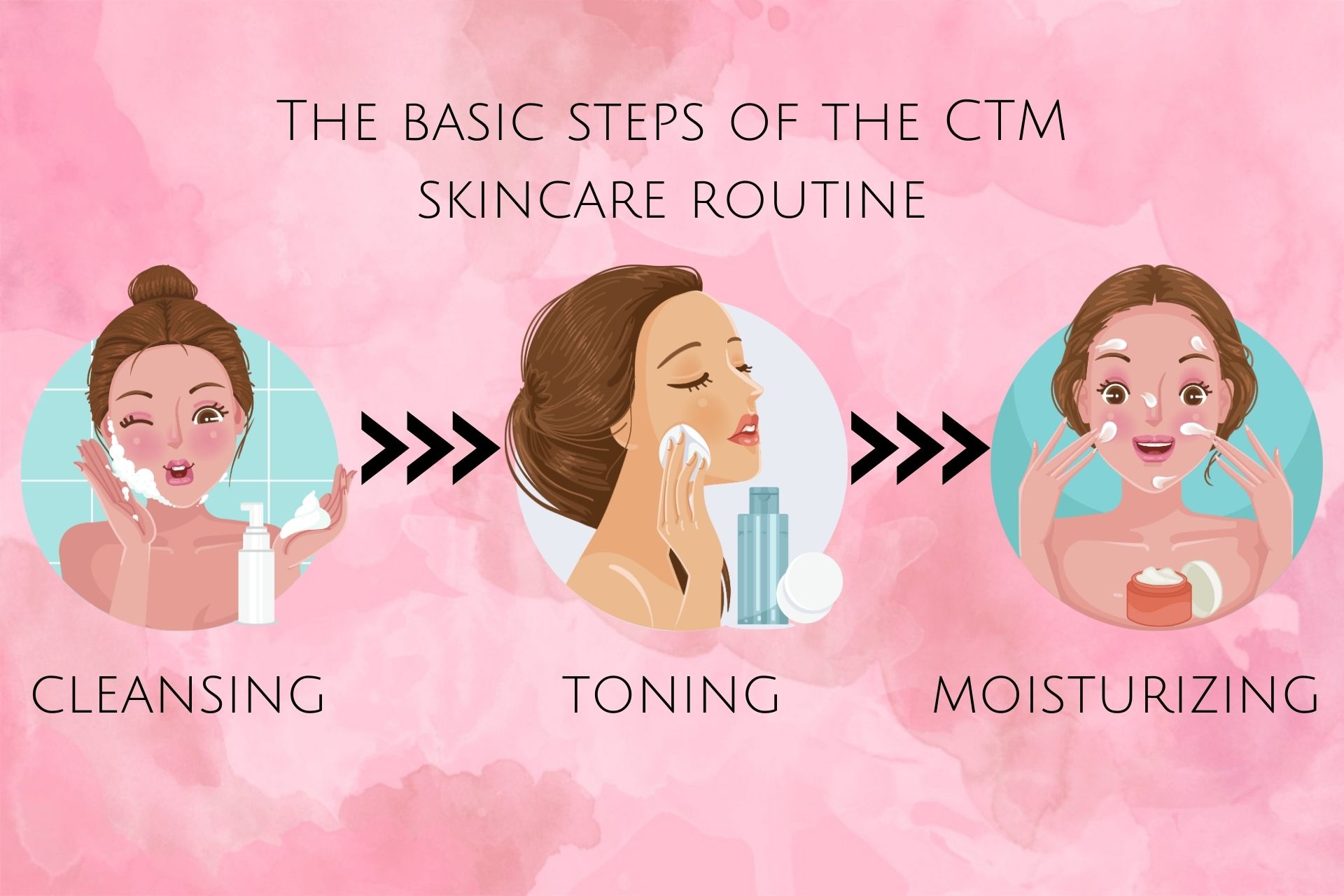
Image Source: Kiwla
Learn CTM (Cleanse, Tone and Hydrate) and follow a daily routine: It is important to follow this routine every day as it gives your skin the hydration and cleansing it needs. Doing this in the morning allows you to start the day with a fresh, clean face and then repeat the routine in the evening.
- Those with more sensitive or dry skin should only do this once a day, as excessive cleansing can further dry out and irritate the skin. If you have dry skin, try CTM in the morning, then remove makeup and moisturize your face at night before bed.
- Remember that exfoliation is also important. Exfoliate with a face scrub or enzyme peel two to three times a week for normal or oily skin and once or twice a week for dry or sensitive skin.
Clean your face: Buy a mild, gentle cleanser to wash your face every day. Start by rinsing your face with warm water to remove dirt from your skin, then use a cleanser to remove oil and cleanse your face. Put the cleanser on your fingertips and gently rub in circular motions and from the center of the face on the face and neck. Then rinse with lukewarm water and pat dry with a towel.
- Make sure you have a cleanser that's right for your skin type. When buying a cleanser, there is often information on the bottle explaining what skin type the cleanser is suitable for. You can also use natural facial cleansers which are less irritating to your face.
- A cleanser is more hydrating, so it may be more refreshing on your face and may be better if you have dry skin. You can also use a cleansing gel if you have oilier skin or want to remove makeup.
- Always remove makeup before bed, even if you usually cleanse your face in the morning. Leaving makeup on your face while you sleep makes your face oilier in the morning and it can clog your pores. You can use makeup remover or wipes to quickly remove eye or face makeup.
Apply toner: Take a cotton ball and pour the toner on it, or dip the cotton ball in the toner, then wipe your T-zone and other affected areas. If you have oily skin, the toner is great for addressing those problem areas.
- If you have dry or sensitive skin, use the toner carefully so that it doesn't dry out your skin further, and always test the toner on a small area to see how it affects your skin. Some toners may be stronger than others, so read the bottles and research which toner is best for dry or sensitive skin.
Hydrate your skin: Once you have cleansed your face, you can apply moisturizer to keep your face hydrated and healthy. Best Face Moisturizers come in different types, so you should be able to find one that works for your skin. Even if you have oily skin and want to keep it hydrated, buy one that is lighter and made specifically for oily skin. Buying an SPF moisturizer is a great idea to help prevent sun damage during the day.
Use eye cream: Since the eye area is the thinnest part of the skin, it lacks a lot of moisture. Apply a pea-sized amount of eye cream under the eye around the orbital bone and allow the cream to soak into the skin. It can also help if you have dark circles under your eyes, wrinkles or bags under your eyes.
Monitoring Your Lifestyle Habits
![]()
Image Source: Elite Sports Clubs
Think about the stressors in your life: Do you feel overwhelmed, overworked or stressed about something? So deal with the things that are weighing you down and try to find a way to eliminate them from your life or lessen their impact in order to improve your health.
- When you're stressed, your body releases stress hormones, including cortisol, which triggers an increase in the skin's oil production, leading to an increase in acne.
- Stress can cause you to perform involuntary muscle contractions, which can lead to the formation of fine lines and wrinkles. Although this can be treated with botox or other medical procedures, it is best to keep stress levels to a minimum.
- Getting enough sleep can also reduce stress. Losing an hour of sleep increases your risk of mental stress by 14%. Imagine that losing four hours of sleep in one night increases your chances by more than 50%! Try to get seven hours of sleep to avoid the risk of developing acne due to stress-related lack of rest.
Avoid unhealthy foods: Your diet is one of the most important ingredients in keeping your skin clean. When you eat a lot of fatty, oily, or unhealthy foods, your skin reacts to those foods and is prone to more breakouts. Pay attention to the type of food you ate and see if it matches your facial breakouts.
- A diet high in refined sugar, also known as a high glycemic index diet, can also cause flare-ups, so read the nutrition facts and try to avoid foods high in sugar.
Eat foods rich in antioxidants, vitamins and other good nutrients: While there are many foods that aggravate your skin, there are also many foods that can benefit your skin by giving it the right nutrients it needs to stay hydrated and healthy. Here are some good things to focus on when choosing foods for your diet:
- Selenium: is a mineral that helps protect the skin from free radicals that can cause wrinkles, dryness and certain diseases. You can find these minerals in foods like Brazil nuts, shrimp, lamb, tuna, salmon, whole-wheat pasta, light turkey, and cooked beef.
- Antioxidants – These also prevent free radicals from entering your body. Brightly colored fruits and vegetables like berries, tomatoes, spinach, beets, squash, and sweet potatoes contain antioxidants.
- CoQ10 - This is an important antioxidant that decreases in your body as you age. Some skin care products also contain it to prevent wrinkles.
- Vitamin A – Prevents dry, scaly skin and can be found in carrots, melons and oranges as well as green leafy vegetables, eggs and low fat dairy products. You can also buy prescription acne products that contain vitamin A, called retinoids, which helps treat wrinkles and dark spots.
- Vitamin C: Protects you from the sun and prevents sun damage. Find this vitamin in citrus fruits, peppers, papayas, kiwis, broccoli and Brussels sprouts.
- Vitamin E - This is another antioxidant that can help protect your skin from sun damage and prevent inflammation. Eat foods like nuts, seeds, vegetable oils, olives, spinach, asparagus, and green leafy vegetables to get this vitamin.
- Healthy Fats - Yes, some fats are good for you! Look for Omega-3 and Omega-6 to help rebuild your skin's natural oil barrier, which prevents dryness and blemishes and keeps your skin looking younger and smoother. You can find these fatty acids in olive and canola oils, flaxseeds, walnuts, and cold-water fish like salmon, sardines, and mackerel.
- Green tea – Considered a “magic potion” for the skin as it can help stop inflammation, slow down DNA damage and prevent sun damage.

Image Source: Google
Drink a lot of water: Water is very important to your health for many reasons and drinking enough water throughout the day will keep your skin hydrated. Increase your water intake to eight glasses a day to flush toxins from your body and skin.
- Like all organs in your body, your skin is made up of cells that cannot function properly without water. The skin is one of the last organs that the water you drink reaches, so be sure to drink the right amount to keep your skin hydrated.
Exercise often: Exercising regularly not only helps reduce stress, but also increases blood flow, which brings more oxygen to skin cells and removes cellular waste. Remember that sweating can cause rashes, so practice good hygiene after a workout.
Use sunscreen: This cannot be emphasized enough. One of the main ways to damage the skin is overexposure to the sun. You may think tanning gives you that "natural glow", but unprotected sun exposure increases your risk of skin cancer and can cause sun spots on your skin, as well as worsen your acne due to acne. inflammation of a sunburn.
- Put on sunscreen every time you go out. Sunscreens are also made for different skin types, so if you have oily skin, look for a lighter sunscreen with ingredients like avobenzone, oxybenzone, methoxycinnamate, octocrylene, and zinc oxide. . You can also look for a label that says non-comedogenic, which means it won't clog your pores.
Avoid touching your face: It may sound silly, but oils on your hands can trigger acne. Be aware of where you place your hands throughout the day. Does he rest his chin or his cheek on his palm? Are you constantly picking blemishes or pulling hair out of your face? All of these things contribute to oil on the face, which in excess can lead to more acne.
- Your cell phone also contains many germs and oils that can easily stick to your face. The heat produced by your cell phone can breed bacteria, and if you put it on your face to talk on the phone, you're exposing yourself to a lot of that bacteria. Make a habit of cleaning your phone with a cloth or hand sanitizer once a day.
Wearing Makeup
Adjust your skin tone. Many people have discolored or blotchy skin, so evening out skin tone to eliminate redness is an important step to achieving a healthy glow. Apply a tinted moisturizer and blend it evenly into your skin. Make sure you wear one that matches your skin tone (you don't want to wear bronze if you have ivory skin) and don't weigh it down. Look for a tone-correcting moisturizer that is relatively sheer.
- If your skin tone is between two tones, choose the shade slightly lighter than your skin tone.

